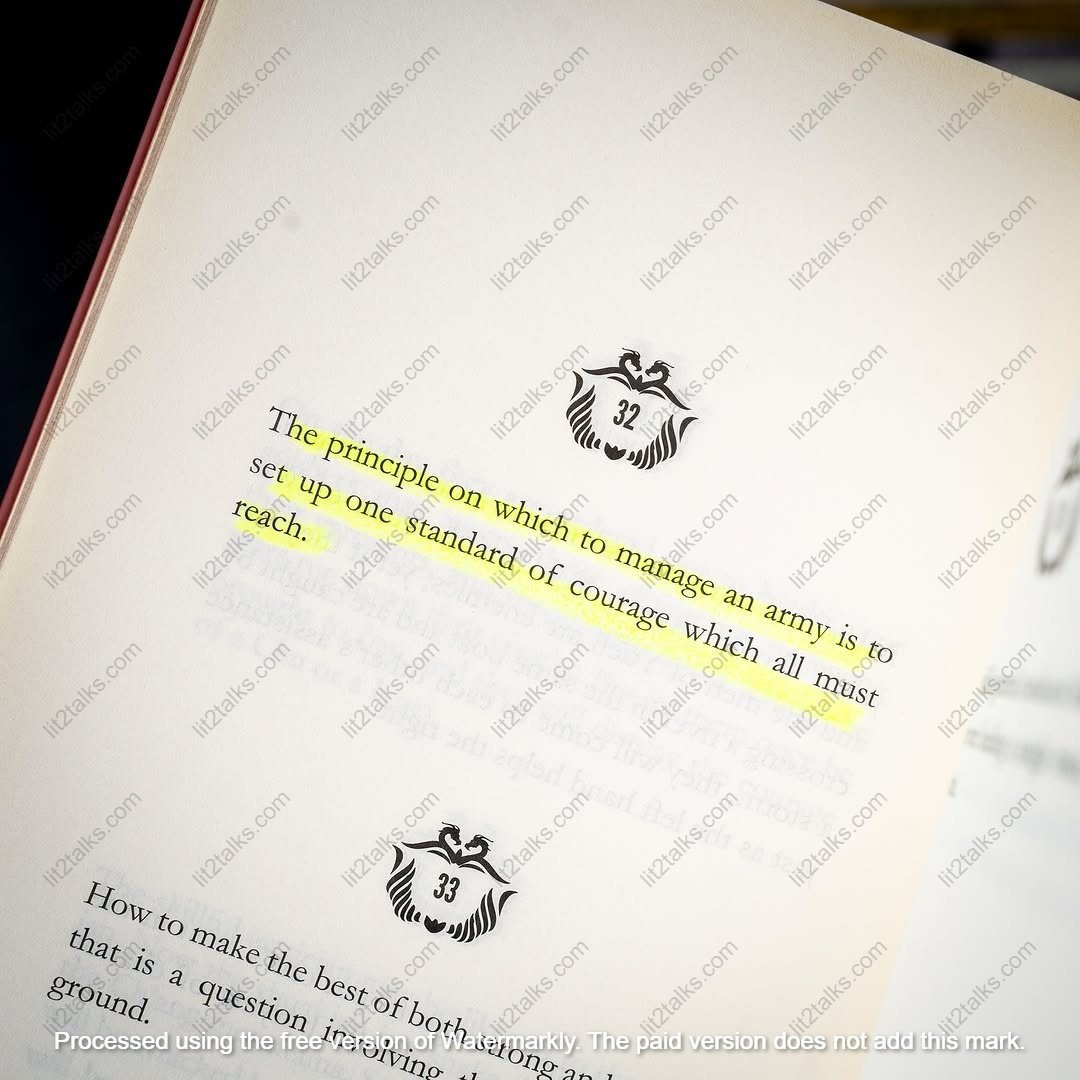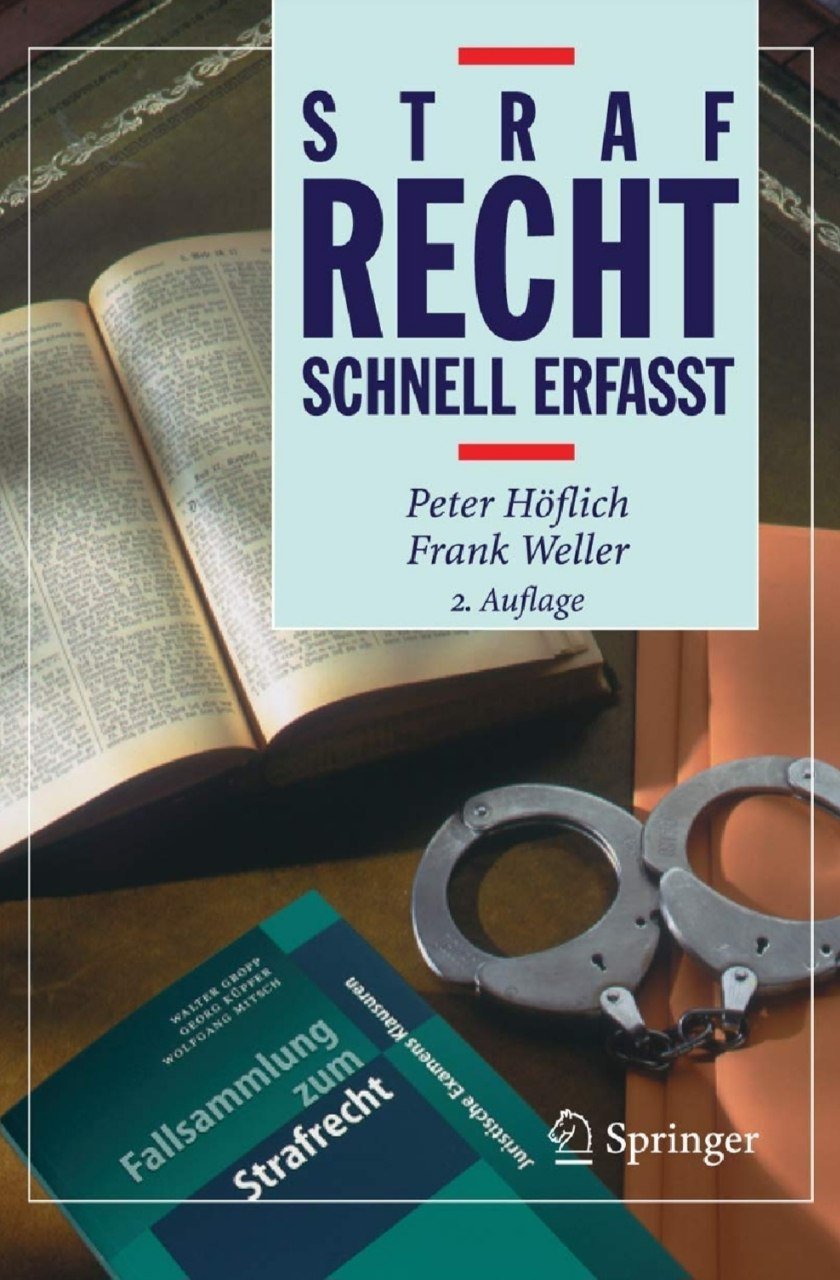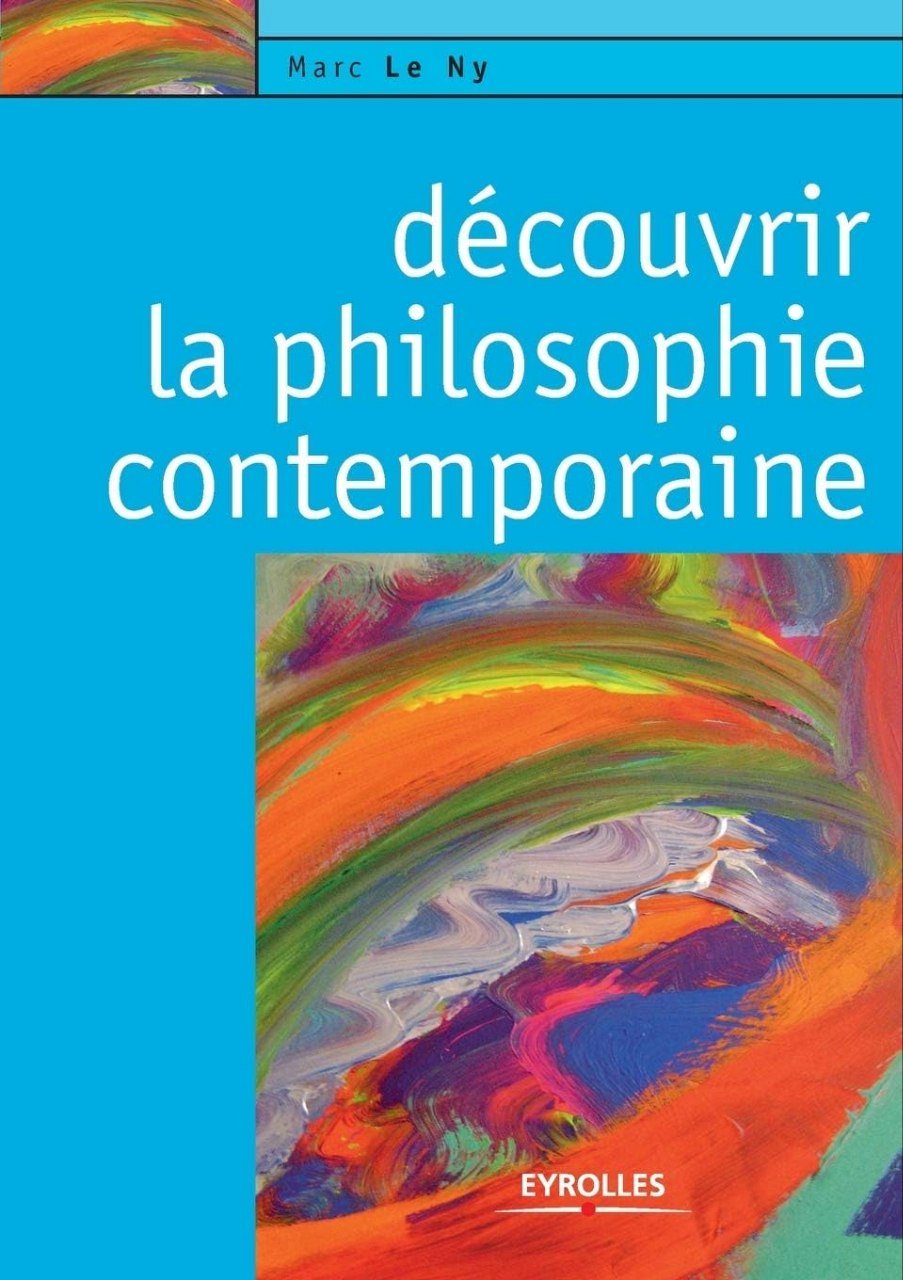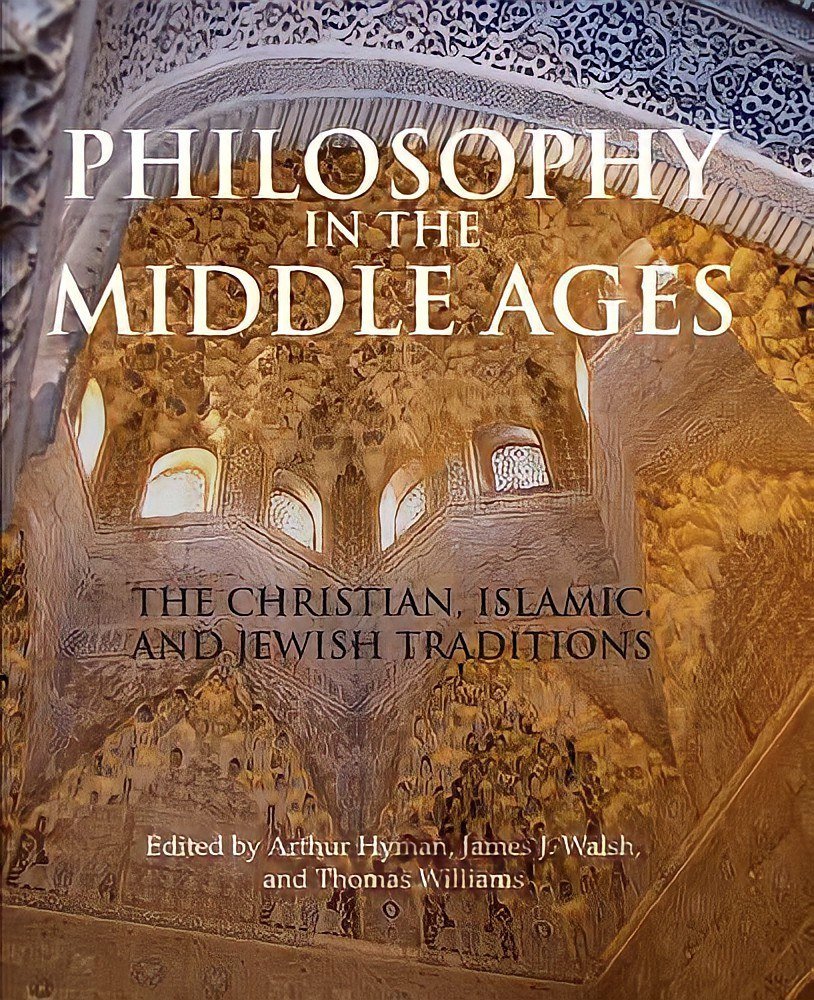

Kant and the Capacity to Judge by Beatrice Longuenesse
Reviews
No review yet. Be the first to review this book!
Description
Kant and the Capacity to Judge by Beatrice Longuenesse is a rigorous and highly influential philosophical study that delves deeply into Immanuel Kant’s theory of judgment as presented in his seminal work, Critique of Pure Reason. First published in 1998, this book has become a cornerstone in contemporary Kant scholarship, offering a detailed and innovative interpretation of how Kant understood the human mind’s ability to judge and how that capacity underpins both our knowledge and experience of the world. Longuenesse’s central thesis is that the capacity to judge is at the very heart of Kant’s philosophy. She argues that judgment is not just one of many mental faculties but rather the key to understanding the operations of the mind as a whole. Judgment for Kant is what allows us to bring together the diverse data of experience under unified concepts, making knowledge possible. Longuenesse emphasizes the critical role of synthesis—the mind’s active organization of sensory input—and the categories—concepts like causality and substance that structure our experience—both of which depend on the fundamental capacity to judge. One of Longuenesse’s most significant contributions is her exploration of Kant’s famous transcendental deduction, the argument that seeks to show how categories necessarily apply to the objects of our experience. She meticulously reconstructs this argument, focusing on the functions of judgment and the forms of synthesis that allow the human mind to achieve objective knowledge. Longuenesse also draws important connections between Kant’s theory of judgment and the logical traditions that influenced him, particularly those of Aristotelian logic and early modern rationalism. At the same time, she demonstrates Kant’s originality in rethinking these traditions to develop his transcendental idealism. The book is scholarly and dense but rewards readers with a profound understanding of Kant’s epistemology. It clarifies why Kant believed that without the capacity to judge, we could have no objective knowledge, no meaningful experience of the world, and no science. Longuenesse’s interpretation has also sparked discussions about how Kant’s insights anticipate later developments in philosophy, particularly in the work of thinkers like Hegel and Frege. Kant and the Capacity to Judge is essential reading for anyone interested in Kant, the philosophy of mind, epistemology, and the history of philosophy. It is a landmark work that continues to shape debates about how we think, know, and experience reality.


 May 03, 2025
May 03, 2025











 May 03, 2025
May 03, 2025

 May 03, 2025
May 03, 2025





.jpeg)

.jpg)






.jpg)





.jpg)




.jpg)

.jpg)













.jpg)










.jpeg)


.jpeg)






.jpg)
.jpg)




.png)



.jpeg)
.jpeg)
















































